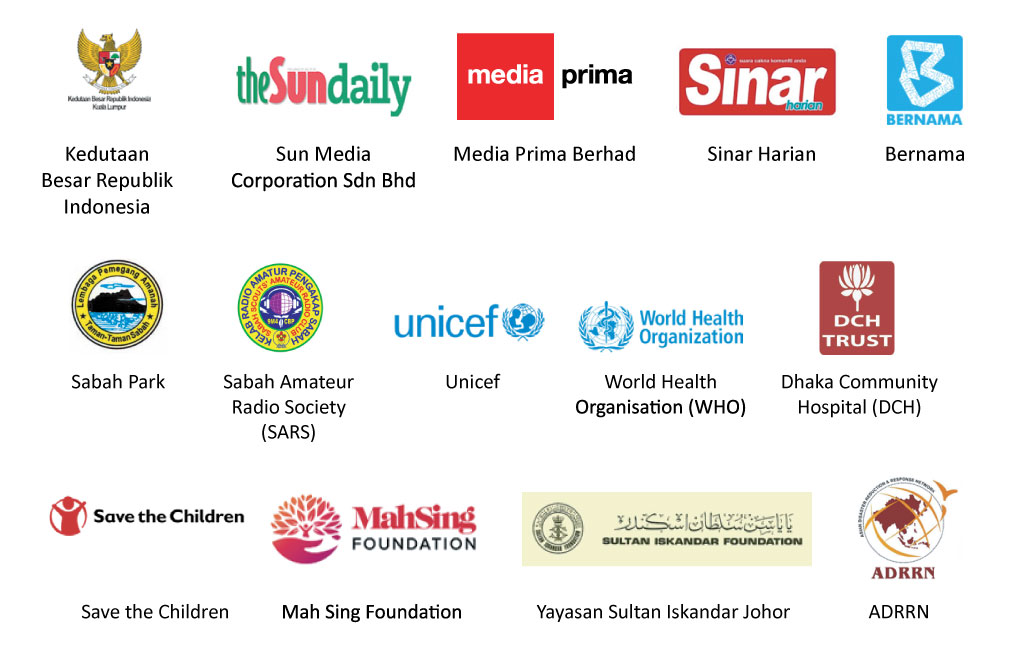It all began in 1999, amidst a raging war in Kosova where thousands of lives were lost and suffering was widespread. Moved by the plight of countless innocent civilians, especially women and children, Dr. Jemilah Mahmood, a Malaysian obstetrician & gynaecologist, was moved to volunteer her medical services.
Finding no national organisation ready to support such international crises, she established the Malaysian Medical Relief Society – better known today as MERCY Malaysia – with a handful of like-minded friends. MERCY Malaysia aimed to provide a platform for Malaysians to unite and play their role in the international humanitarian arena.
MERCY Malaysia’s first mission was to Kosova in June 1999. Many more missions followed, each team consisting of Malaysians from all walks of life with the single goal of helping others, regardless of race, religion, culture or boundary.
In the last two decades, the organisation has provided humanitarian assistance and programmes in 32 countries, in crisis and non-crisis situations. MERCY Malaysia has also evolved into a full-fledged humanitarian organisation offering the full spectrum of humanitarian services, from emergency response to rehabilitation and recovery, mitigation and prevention, and disaster preparedness.
MERCY Malaysia is registered with the Societies Act 1966 (Registration No: PPM-020-14-16091999). To date, we have over 500 members, and over 7,000 registered volunteers in our database. In compliance with the Societies Act, MERCY Malaysia submits its accounts to an external auditor, publishes its Annual Report for review and holds an Annual General Meeting for all members, usually in June every year.
Please download the Constitution of MERCY Malaysia.
All staff and volunteers uphold MERCY Malaysia’s Mission and Core Values in performing their duties, whether at the Headquarters, Country Field Office, or any location where they represent the organisation.
VISION – To be outstanding in delivery of medical and humanitarian aid to all.
MISSION – MERCY Malaysia is an international non-profit organisation focused on providing medical relief, sustainable health-related development, and risk reduction activities for vulnerable communities, in both crisis and non-crisis situations.
MERCY Malaysia upholds its vision of being outstanding in the delivery of medical and humanitarian aid to all. Governed by its constitution, the organisation strives to ensure quality and accountable services through the internal processes guided by international standards, and standards and regulations of international organisations and bodies to which it is a signatory. Among others, MERCY Malaysia is bound by :-
1. The Code of Conduct, in which all MERCY Malaysia stakeholders – staff, volunteers, partners and partner organisations, and donors – adhere to when representing MERCY Malaysia in one form or another.
2. Internal procedures.
3. Code of Conduct for International Red Cross and Red Crescent Movement and NGOs in Disaster Relief.
As signatory to the above Code of Conduct, MERCY Malaysia Staff and Volunteers must abide to the 10 Principles of the Code of Conduct which are:
(Source: The International Federation of Red Cross and Red Crescent Societies)
4. Core Humanitarian Standard (CHS)
As a Member of CHS Alliance, MERCY Malaysia subscribes to the Nine Commitments and Quality Criteria of CHS:
View the Core Humanitarian Standard
(Source: www.coreuhmanitarianstandard.org)
5. The SPHERE Standards in Humanitarian Aid
By applying and complying to the Minimum Standards recommended by the Sphere Project, MERCY Malaysia’s humanitarian response seeks to align and streamline its provision of services and aid to the common standards, as prescribed below:
6. UN Secretary General Bulletin on Special Measures for Protection from Sexual Exploitation and Sexual Abuse (ST/SGB/2003/13)
For the purpose of definition;
Sexual exploitation means any actual or attempted abuse of a position of vulnerability, differential power, or trust for sexual purposes, including but not limited to, profiting monetarily, socially or politically from the sexual exploitation of another.
Sexual abuse means the actual or threatened physical intrusion of a sexual nature, whether by force or under unequal or coercive conditions.
The Bulletin states the prohibition of sexual exploitation and sexual abuse. Section 3 of the Bulletin is used in the MERCY Malaysia Code of Conduct and is applicable to all MERCY Malaysia staff and volunteers.
The prohibition includes:
7. Principles of Partnership (as endorsed by the Global Humanitarian Platform, 12 July 2007)
MERCY Malaysia recognises the advantages of working with the right partners and that its integrity extends to the partners; also meeting the highest standards of accountability and transparency.
In striving to enhance the effectiveness of working with partners and to maximise complementarity due to the different mandates and mission statements of partners, MERCY Malaysia will base the partnership on the following:
Communications
Finance
Fundraising & Event
Programme Operations
Quality & Accountability
Volunteer Management
8. The principles related to financial transparency and accountability.
Accountability and transparency are the core principles of the organisation. All staff and volunteers must abide by our accountability procedures and processes, which include adherence to the Treasury and Financial Policies.
MERCY Malaysia is responsible to its stakeholders, which include beneficiaries, donors, staff, volunteers, partners, governments, local authorities, other organizations and the general public who have placed faith in MERCY Malaysia.
To uphold this trust we:
9. Principles of confidentiality.
Confidentiality is the hallmark of professionalism. We therefore:
For more details, please view our Information Policy.

The Sultan Of Perak Darul Ridzuan
His Royal Highness Sultan Nazrin Muizzuddin Shah Ibni Almarhum Sultan Azlan Muhibbuddin Shah Al-Maghfur-Lah
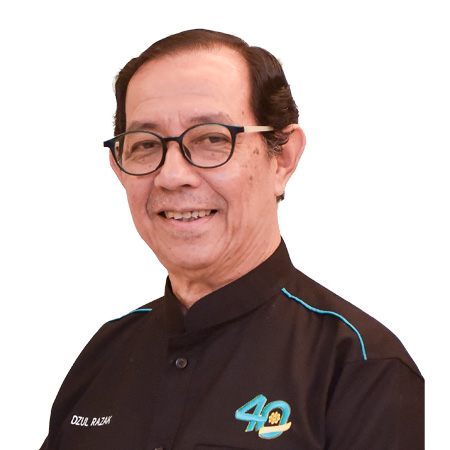
Prof. Emeritus Tan Sri Dato’ Dzulkifli Bin Abdul Razak

Tan Sri Johan Bin Jaaffar

Toh Puan Dato’ Seri Hjh Dr. Aishah Ong

Tan Sri Datuk Wira Azman Hj. Mokhtar
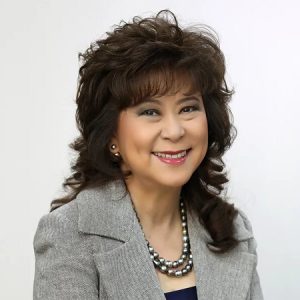
Prof. Dato’ Elizabeth Lee

President
Dato’ Dr Ahmad Faizal Mohd Perdaus

Vice-President I
Associate Professor Dr. Shalimar Abdullah

Honorary Secretary
Professor Dr. Nazimah Idris
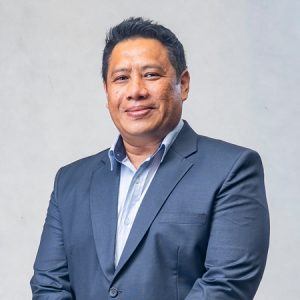
Vice-President II
Razi Pahlavi Abdul Aziz

Assistant Honorary Secretary
Dr. Keith Tye Sue Kiat

Vice-President III
Dr. Mohamed Ashraff Mohd Ariff
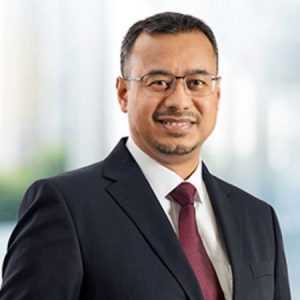
Honorary Treasurer
Reza Abdul Rahim

Dr. Peter Gan Kim Soon
Dr. Khamarrul Azahari Razak
TS. Dr. Dzulkarnaen Ismail
Datin Azura Ibrahim
Datuk Dr. Heng Aik Cheng
Assoc. Prof. Azlina Wati Binti Nikmat
Dr. Soh Yih Harng
Dr. Zool Raimy Abdul Ghaffar
Sr. Dr. Syed Abdul Haris Syed Mustapa
Vivegananthan S/O Rajangam
Dr. Siti Maisarah Binti Ahmad
Executive Director
Ahmad Faezal Mohamed
faezal.mohamed@mercy.org.my
Deputy Executive Director
Mohd Hafiz Bin Mohd Amirrol
hafiz@mercy.org.my
Director, Governance Risk and Compliance
Zuraidah Mian
zumian@mercy.org.my
General Manager, Support Services
Izzaddin Abd Rahim
izzaddin@mercy.org.my
General Manager, Programme Operations
Badrul Hisham Ibrahim
badrul.hisham@mercy.org.my
Head of Human Resources and Administration services
Zubir Ahmad
zubir.ahmad@mercy.org.my
Deputy Head of Logistics, Supplies and Security
Mohd Radzi Mohd Redzuan
radzi@mercy.org.my
Head of Communications, Advocacy and Campaigns
Head of Fundraising
In our experience, no contribution is too small and no measure of kindness is insignificant. MERCY Malaysia recognizes the value of working with partners. As an international non-profit organization, we rely solely on funding and donations from organizations and generous individuals to continue our services to provide humanitarian assistance to our beneficiaries. We would like to thank our supporters for their tireless contributions and collaborations in our humanitarian work.





